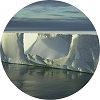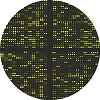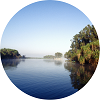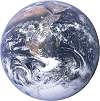Upcoming Events
Tue Feb 24, 2026Wisconsin Wetlands Association’s 2026 Wetland Science Conference Category: Affiliate Society Meetings |
Wed Feb 25, 2026Wisconsin Wetlands Association’s 2026 Wetland Science Conference Category: Affiliate Society Meetings |
Thu Feb 26, 2026Wisconsin Wetlands Association’s 2026 Wetland Science Conference Category: Affiliate Society Meetings |
View Full Calendar
Find Us On Facebook
Grand Challenges in Coastal and Estuarine ScienceThe CERF 2015 scientific program offers four days of timely, exciting and diverse information on a vast array of estuarine and coastal subjects. Presentations will examine new findings within CERF’s traditional scientific, education and management disciplines and encourage interaction among coastal and estuarine scientists and managers. Additionally, the Scientific Program Committee plans to convene special sessions and workshops that promote intellectually stimulating discussions of the Grand Challenges in Coastal and Estuarine Science:
|






